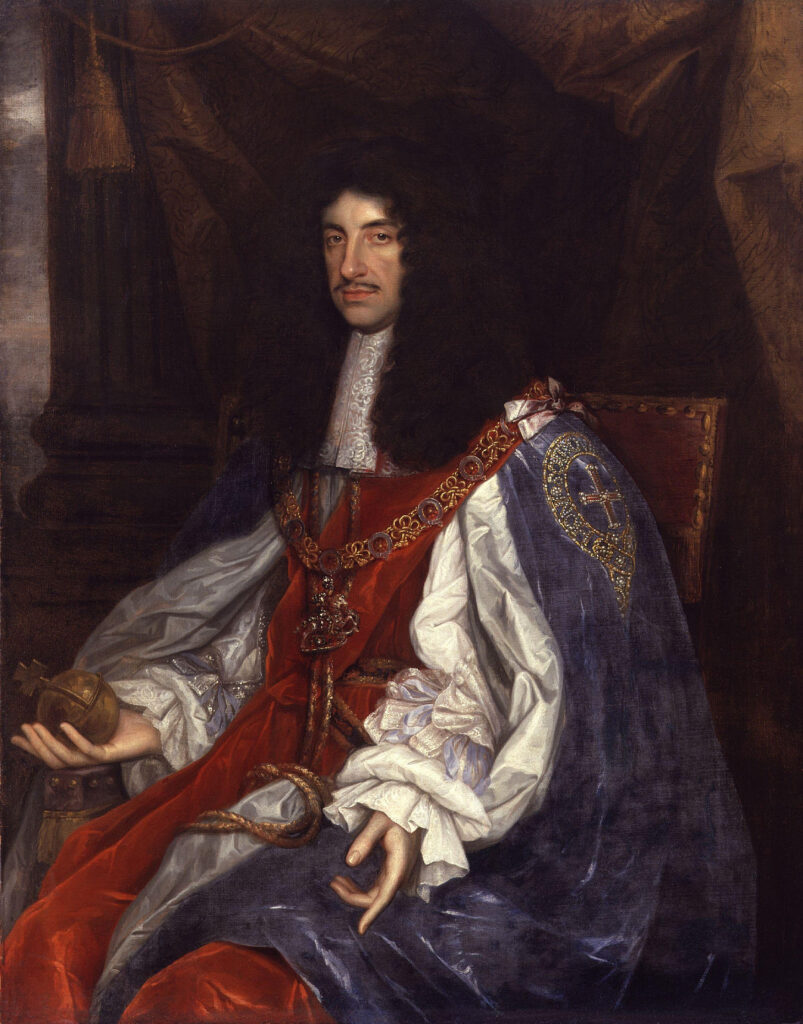Note: If you wish to receive, via e-mail, (1) my weekly newsletter or (2) daily copies of these posts, notify me at [email protected] and indicate which you would like. I promise not to share your e-mail address with anyone. To unsubscribe, send me a follow-up email.
Tuesday
Today Julia and I fly back to the States after having ancestor hunted in Wales, Ireland, Northern Ireland, and England. Although we have been here to track Julia’s ancestors, I’ve actually filled in some gaps of my own, thanks to my third-cousin John Beech, who lives in Coventry with his wife Sue. It involves a Lord Bunbury, although the actual one, not Algernon’s fictional friend in The Importance of Being Earnest.
I promise you some more literary allusions in this post but indulge me for a moment as I share some speculation about this family history.
John and I share a great-great grandfather, one Thomas Scott, who was Lord Bunbury’s “factor” (estate manager) in Great Barton and Mildenhall. Family lore, which even allowing for exaggeration sometimes has truth in it, is that we are descended from Charles Montagu-Scott, 4th Duke of Buccleuch, although from the wrong side of the bed. Buccleuch, John says, fought alongside Lord Bunbury in the Peninsular War against Napoleon, and John’s theory is that William Scott was Buccleuch’s illegitimate son and “batman” or personal servant—and that through the Buccleuch-Bunbury friendship, William Scott and then his son Thomas found employment with Bunbury. One of Thomas’s daughters was Eliza Scott, my great grandmother, who married Edwin Fulcher, who took her first to South Africa and then to Evanston, Illinois. Her daughter Eleanor married Alfred Bates, and their son Scott is my father.
[Side note: John’s story helps me make sense of another piece of family lore, which was that we are related to Charles II. The first Duke of Buccleuch was Monmouth, illegitimate son of Charles, who was immortalized by John Dryden in Absolom and Architophel. Monmouth was not the only illegitimate child Charles produced, Dryden reminds us (casting the monarch as the Bible’s King David in his allegory):
Then, Israel’s monarch, after Heaven’s own heart,
His vigorous warmth did variously impart
To wives and slaves: and, wide as his command,
Scatter’d his Maker’s image through the land.
My grandmother stopped boasting of our connection with Monmouth once she discovered he was a bastard, and it would have taken two illegitimate births, Monmouth’s and William Scott’s, for us to be linked to the king. So I don’t think we will be invited to the coronation of King Charles III.]
Anyway, back to my Coventry cousin John Beech. Wherever we have gone in Ireland and the United Kingdom, I have looked for literary connections and Coventry has at least three. In terms of most impressive to least, there is (1) George Eliot, who spent her twenties there taking care of her father; (2) E.M. Forster, who lived his final days there in a menage-a-trois he didn’t want publicized as it involved a man and his wife; and (3) Philip Larkin, who announces in “I Remember, I Remember” that “I was born there.”
Learning about this poem, I of course had to read it and, upon my first encounter, was very confused. The cranky and even cynical Larkin abhors sentimentality while the poem I was reading was sentimental in the extreme. Was this an elaborate parody, I wondered.
Only it turns out that the poem I was reading, while it has the same title, was written by the Victorian poet Thomas Hood. You can read the full version here but the final stanza reads,
I remember, I remember,
The fir trees dark and high;
I used to think their slender tops
Were close against the sky:
It was a childish ignorance,
But now ’tis little joy
To know I’m farther off from heav’n
Than when I was a boy.
I’m running out of computer power as I sit in Heathrow Airport so I’ll have to postpone discussion of Larkin’s “I Remember, I Remember,” which doesn’t employ the word “remember” once. Instead, it is a satire of those who idealize their pasts, which I suppose is a useful corrective for those who sentimentalize their ancestors. Anyway, more tomorrow.
